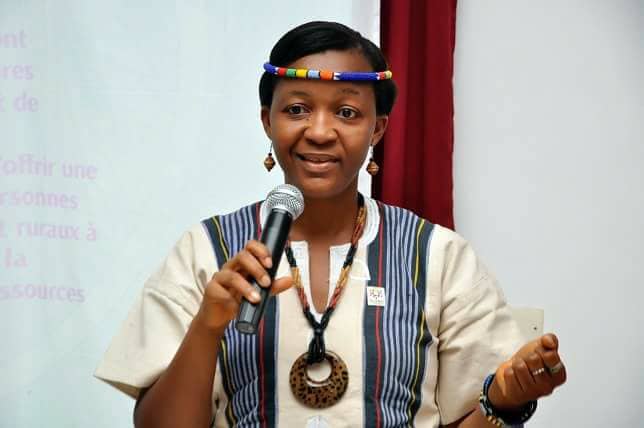Yesterday was observed as International Day of the Girl-Child. The United Nations General Assembly set aside the eleventh of October every year since December 19, 2011 to recognize and appreciate the rights of the girl-child and the peculiar challenges girls face around the world. The theme of this year’s celebration is, “With Her: A Skill Girlforce”
This year’s celebration affords the global community the opportunity to initiate efforts towards bringing together partners and stakeholders to draw attention and investments to the needs and opportunities for girls to attain skills that will provide them employment. This will enable them key into the work demands of the present technological innovations.
It is an opportunity for the world to consider the importance of social, economic and political investment in the girl-child as critical in reversing the international transmission of poverty, violence, exclusion and discrimination.
Over the years, girls across the world have continued to suffer various forms of abuse, neglect and deprivation in spite of their enshrined rights in various charters and conventions, including right to a safe, educated and healthy life, not only during the critical formative years but as they mature into women. In many countries today, especially in Africa, genital mutilation of girls is still an accepted and compulsory socio-cultural practice in spite of its attendant to numerous health problems that could mar the future of the girls.
Similarly, subjecting teenage girls to early marriage, sometimes to men old enough to be their grandfather, is still very much in vogue which in most cases kill whatever dream and aspiration nursed by these victims, in addition to exposing them to the risk of vesicovaginal fistula-VVF.
While remarkable improvement has been recorded in giving girls access to quality education, in some countries and even in some parts of Nigeria, girls are still denied access to education, based on gender discrimination and exclusion. Some of those who are lucky to be in school are always targets of sexual abuse and exploitation by teachers, lecturers and management staff who, in one guise or another, lure or intimidate them to submission.
The story is the same in the employment market as many employers of labour often take advantage of the high unemployment rate in the country to exploit young girls. Allegations are rife of some employers who exchange sexual favors for employment, promotions and other undeserved privileges at the expense of competence, hard work and professionalism. Also, some businessmen, who employ office girls and sales girls, often convert them to sex partners, even when the girls are younger than their children.
Perhaps, the worst hit in the modern day slavery called human trafficking racket is the girl-child. Recently, thousands of girls were rescued from various European, America, Asian and African countries, including Libya, where they have been marooned for many years by human traffickers who lure or kidnap them for the purpose of prostitution in foreign land.
Again, millions of girls engaged as domestic servants are always burdened and most of them frequently sexually harassed, abused and exploited by their employers or relations. In countries engulfed in wars, insurgency and strife, young girls end up spoils of war as they are often carted away by the conquerors to be abused and de-humanized.
Till date, concerned citizens from across the world are still praying and pleading for the releasing of the remaining Dapchi School Girl, Leah Sharibu.
As the world marks the International Day of the Girl-Child, there should be proactive measures to promote the girl’s rights, highlight gender inequalities and address the various forms of discrimination and abuse suffered by the girl-child. There should be more investment in giving them quality education, skill training, access to technology and other learning initiatives that prepare them adequately for the future. They should also be provided with proper health services and nutrition suitable for adolescent years, including puberty and reproductive health education, while there should be zero tolerance against physical and sexual violence against them.
Countries should strengthen laws and consistently implement social and economic mechanism to combat early marriage and female genital mutilation. Girls, if well encouraged and supported, have the potential to change the world as future wives, mothers, workers, entrepreneurs, mentors, household builders and political leaders.





Comments are closed for this post.